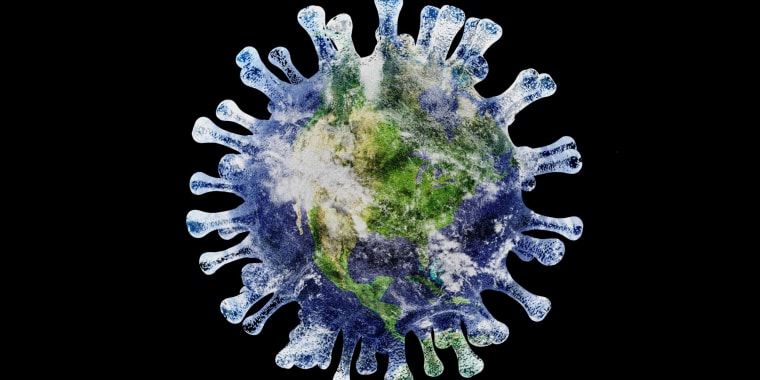Climate change will increase the likelihood of pandemics caused by animal-to-human transmission, according to a study published Thursday in the science journal Nature.
The study highlights the worrying connection between climate change and infectious diseases — two deadly phenomena that often inspire misinformation and government apathy.
“At least 10,000 virus species have the capacity to infect humans, but at present, the vast majority are circulating silently in wild mammals,” the report’s authors wrote in a summary of their findings. “However, climate and land use change will produce novel opportunities for viral sharing among previously geographically-isolated species of wildlife.”
In essence, the harm we inflict on the environment will result in ecological changes that bring us into closer contact with wild animals carrying disease.
That exposure could come from interacting with animals that are forced to flee their habitats because of climate change, or through other means, like food markets.
The news should be a blow to Covid conspiracy theorists, for example, who’ve pushed unfounded allegations that the disease was deliberately spread from a Chinese lab. Scientists have said the reality is likely less diabolical. Investigations have found that the disease probably spread from a Chinese wet market, or markets that sell fresh meat and live animals. These markets increase the frequency with which humans come in contact with potentially harmful viruses.
Ironically, wet markets can be environmentally friendly alternatives to more industrial meat markets — but only if they’re properly managed, according to an article in the medical journal The Lancet in 2020. Otherwise, such markets "can pose a danger to public health by enabling zoonotic disease spread, particularly if they are poorly regulated and allow for close mixing of different species.”
Climate change is disrupting habitats and accelerating the need for alternatives to the way we've traditionally sold animals. To avoid their downstream effects — like the spread of animal-borne viruses — we need a far more serious global response to climate change than we’ve seen thus far.

